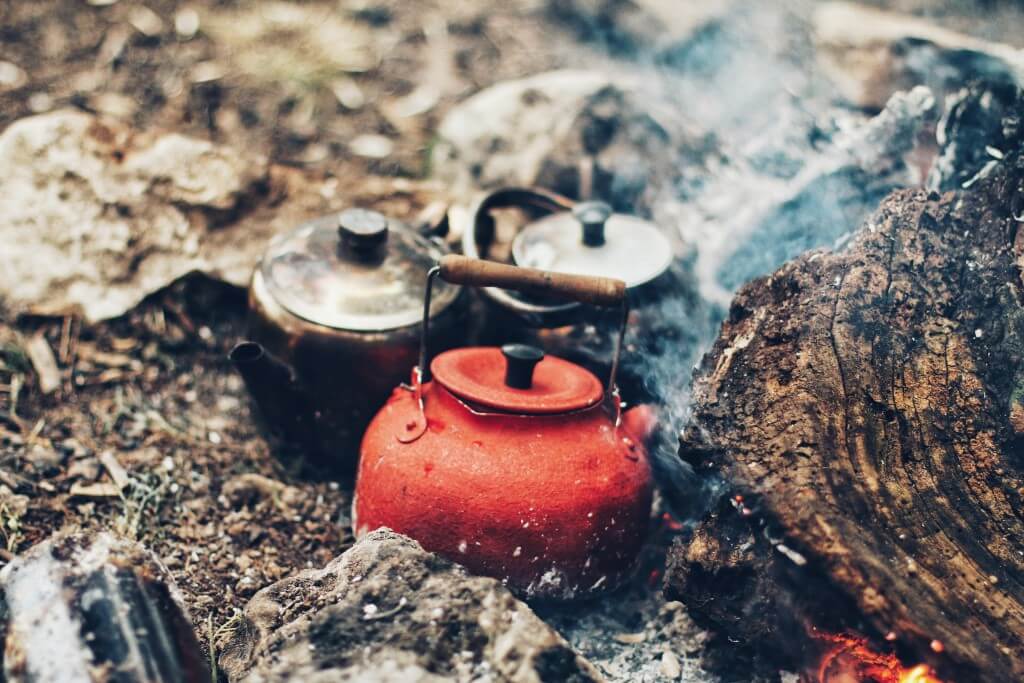We all know how important water is to our survival. It’s something that most
of us take for granted and don’t give a second thought. However, have you ever considered how crucial it is to
have access to clean and safe drinking water? It’s something we accept as normal in our day-to-day existence.
When it comes to drinking water, boiling and filtering are two of the most popular methods. Find out the
solution by reading on!
What Is Removed by Boiling Water?
Having hot, ready-to-use water at your disposal is more than simply a
practicality. The lives of many individuals are at stake. The bacteria and viruses that cause illness can be
killed by boiling water. Making water safe to drink couldn’t be easier or more efficient.
The fact that boiling water does not eliminate many pollutants from the
source water surprises a lot of people. Boiling mostly removes germs from your water. Volatile Organic Compounds
(VOCs) may also be removed from water by boiling. Despite the fact that boiling water kills germs, it is rarely
used to purify drinking water except in the case of an emergency.
Boiling Water Can Be Dangerous
Despite its antibacterial and anti-chlorine characteristics, boiling tap
drinking water is not the most reliable choice. If the water isn’t heated for a long time, the bacteria in it
won’t perish. In every liquid, there will always be heavy metals and solids present. In addition, the boiling
method promotes evaporation, allowing water to exit the kettle or pot more quickly, leaving behind heavy
pollutants.
You deprive the water of oxygen when you boil it to make it fit for human
consumption. There is less and less oxygen when it boils. Vitamins and minerals are also destroyed when it is
boiled for a long time. To sum things up, if you drink boiling water, keep in mind that you may be consuming
water that contains significant quantities of heavy metals and minute limescale fragments.
Why Water Purification Is Necessary
Drinking a glass of tap water is a very regular occurrence. Because most
people believe that tap water is quite safe, this is something that they do on a daily basis. There are several
sources of public drinking water (rivers, lakes, and reservoirs). Through hundreds and kilometers of pipelines,
it collects a variety of contaminants such as dirt, chemicals, and other waste. By the time it reaches your
glass, the water has accumulated a significant amount of heavy metals and a variety of germs. This is enough to
justify the need for water purification.
Water filtration is a preferable alternative to boiling for the removal of
harmful microorganisms and hazardous pollutants from drinking water sources. Whole-house water purification
systems are available that employ multiple stages of filtration to remove contaminants from drinking water. They
may also include treatment methods like water softening, which may remove dissolved minerals from municipal and
privately owned well water.
Entire home water softeners employ a specific resin to capture calcium and
magnesium carbonates during the filtration process. When using softened water, clothing and fixtures stay
brilliant, and stains on dishes are less noticeable.
Conclusion
It’s not hard to decide whether to consume boiled water or filtered water.
Because you want to do what’s best for your family, you should always do your research so you can make an
informed decision. As a result, a thorough knowledge of each of these procedures is required. To determine
whether or not to indulge in the world’s best water filter or merely boil and drink it, you first need to know
what you’re dealing with.



